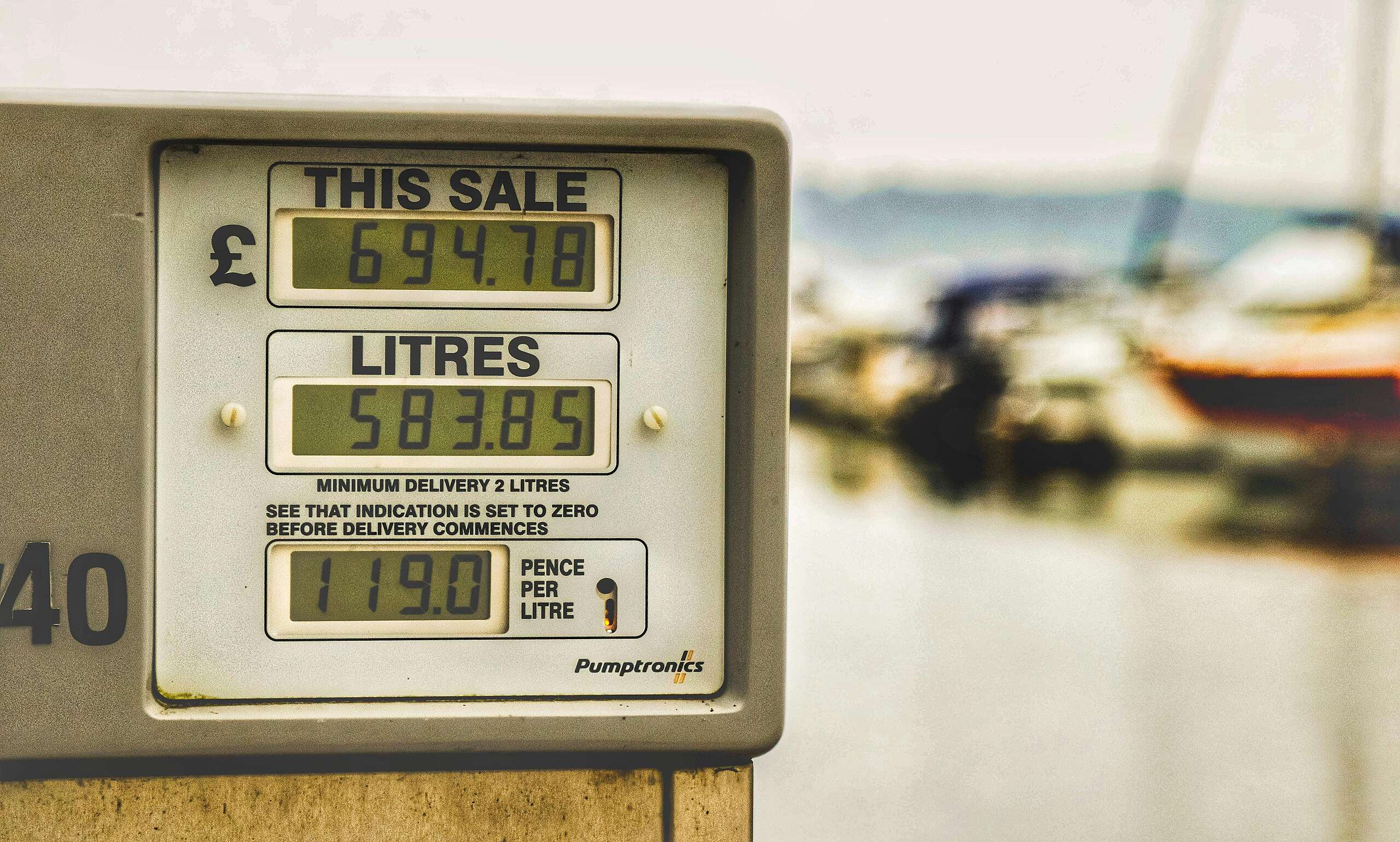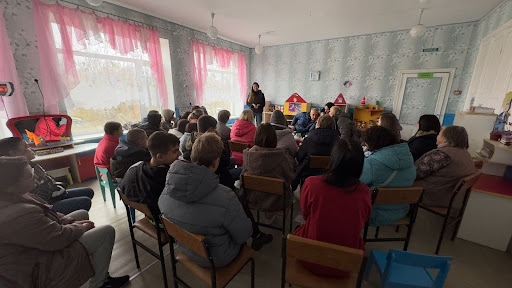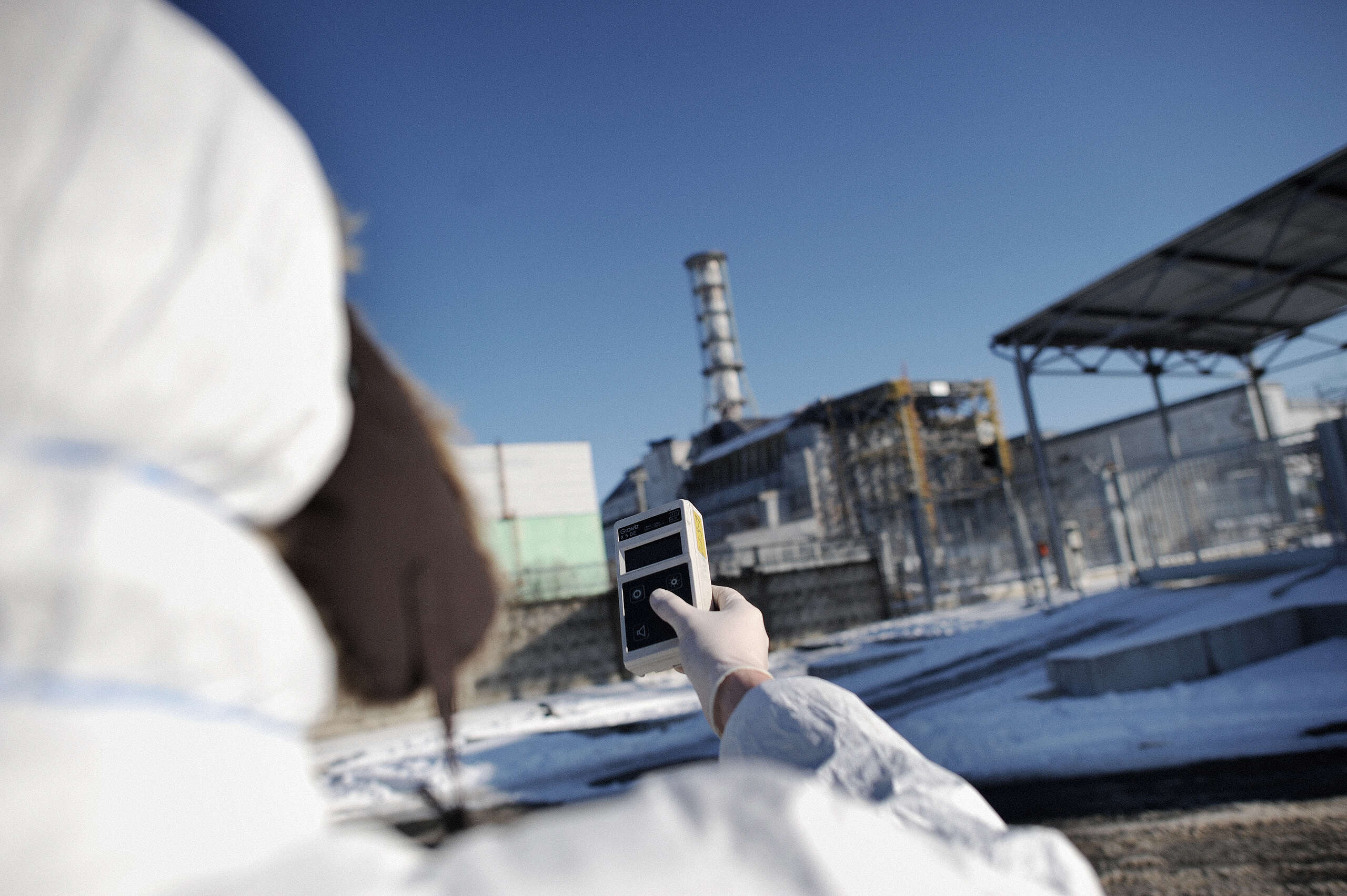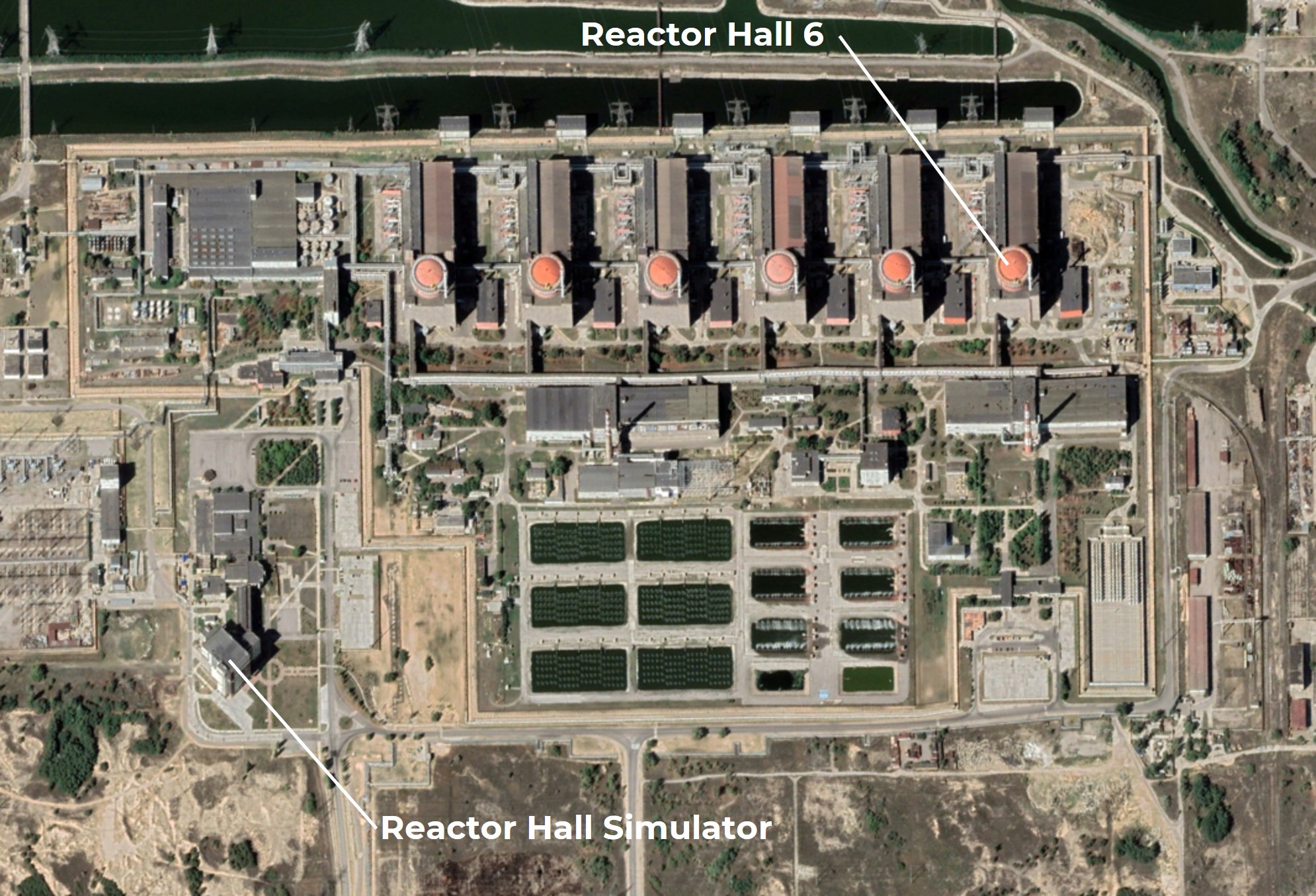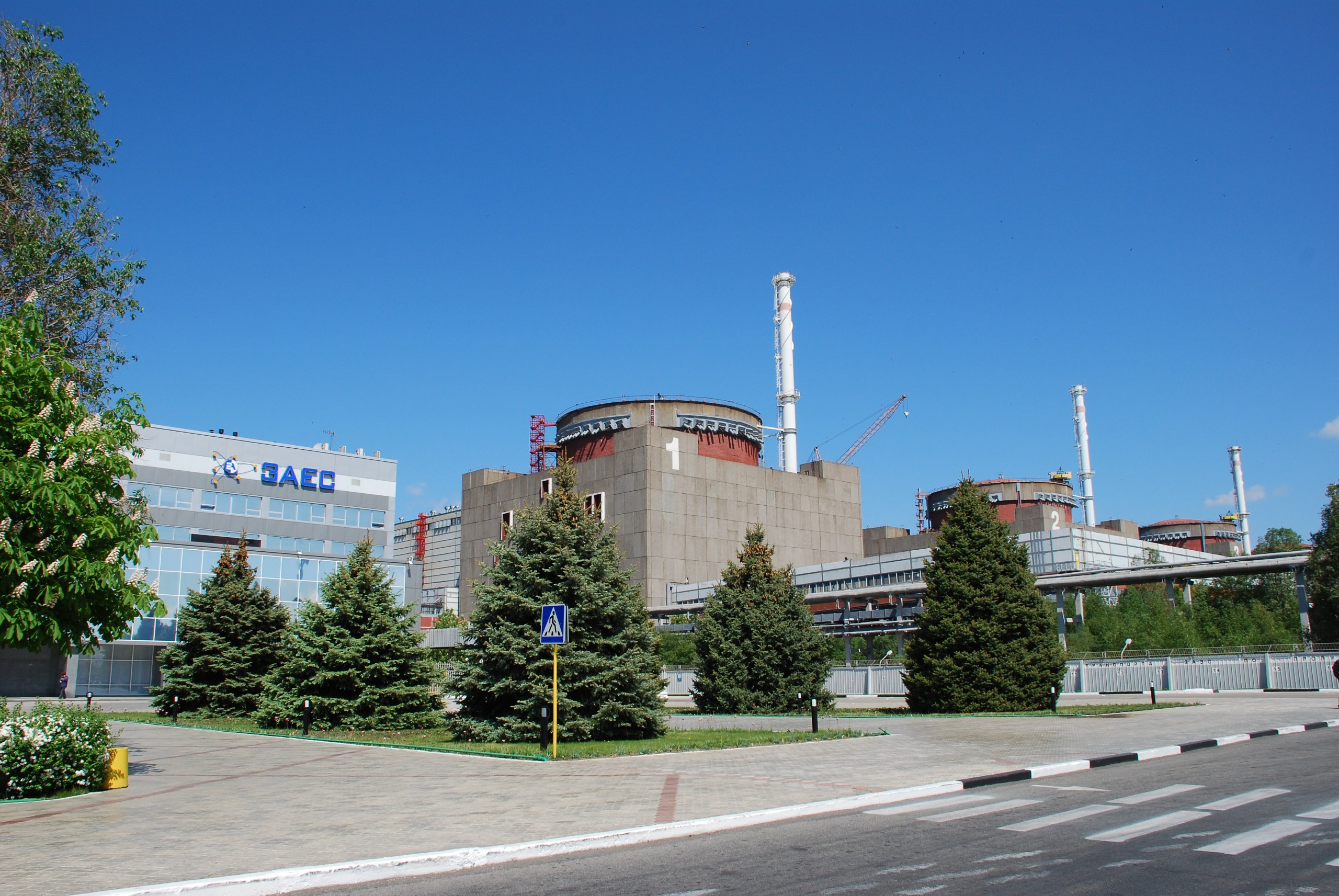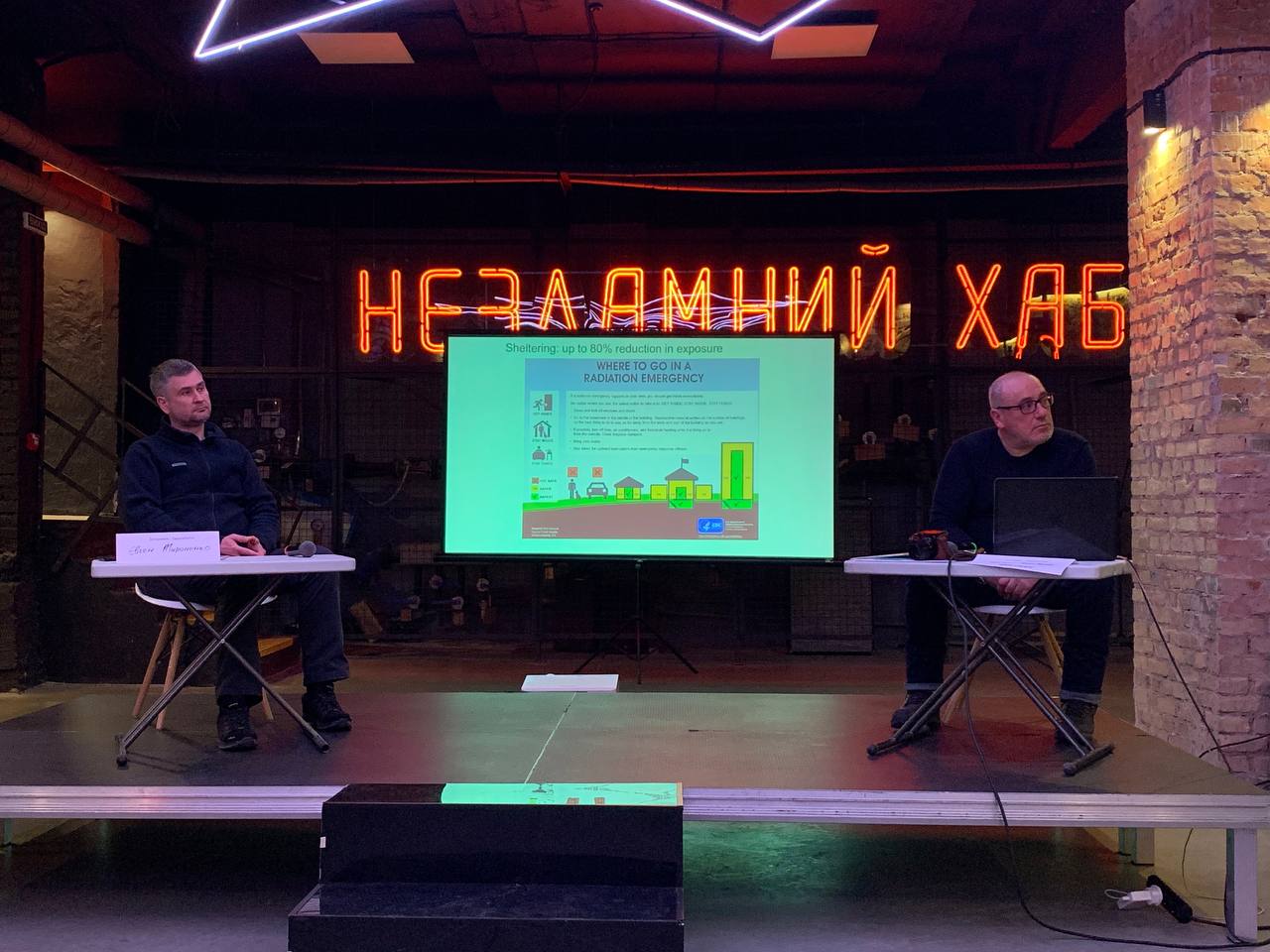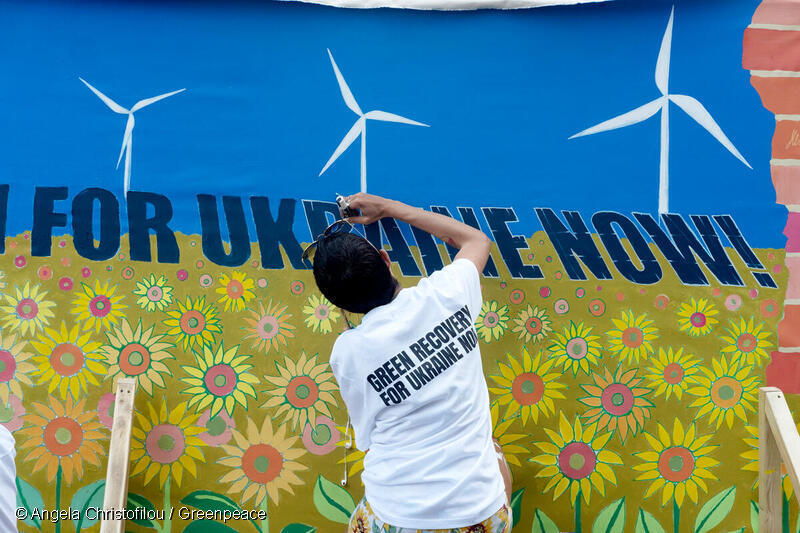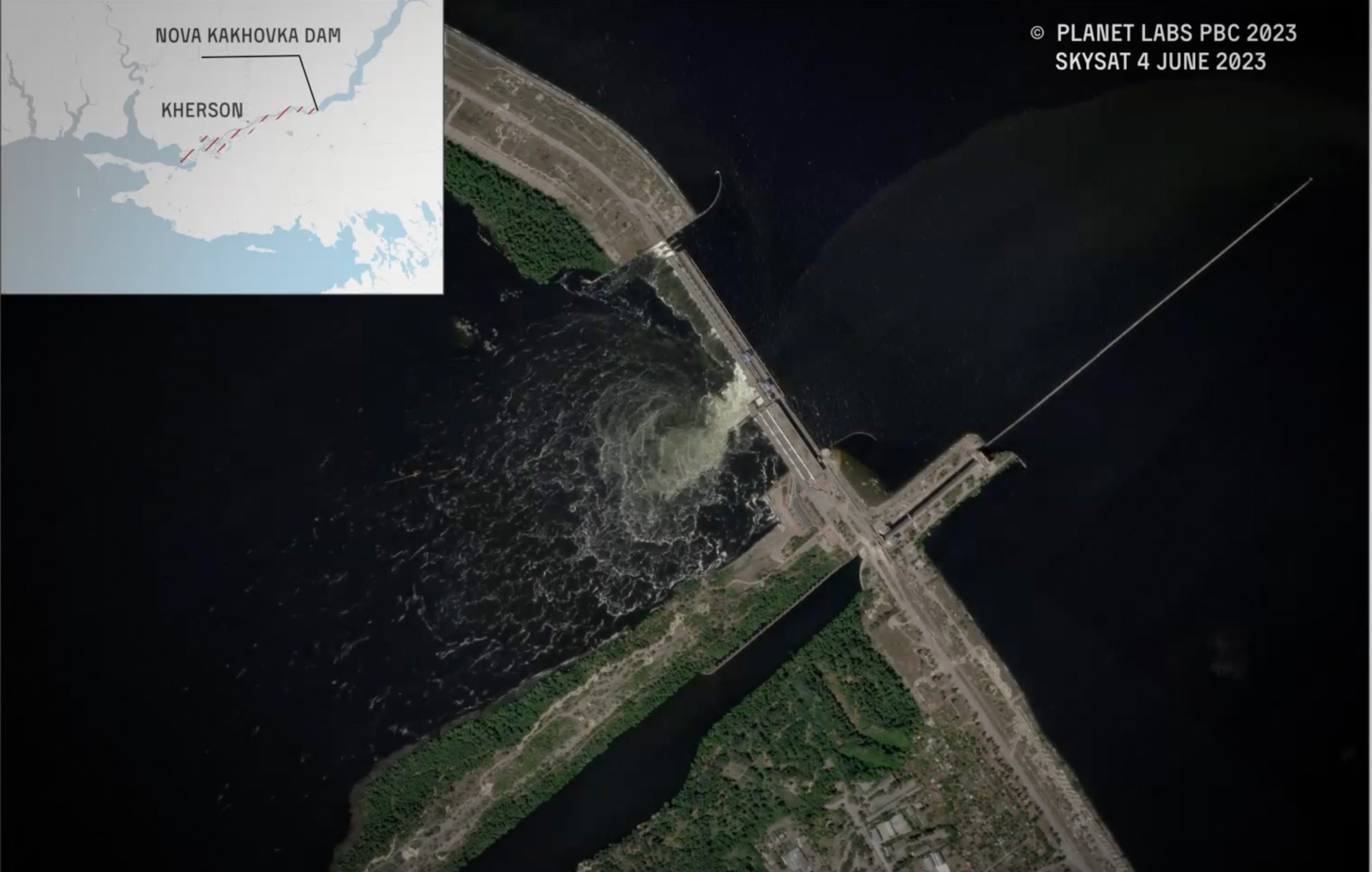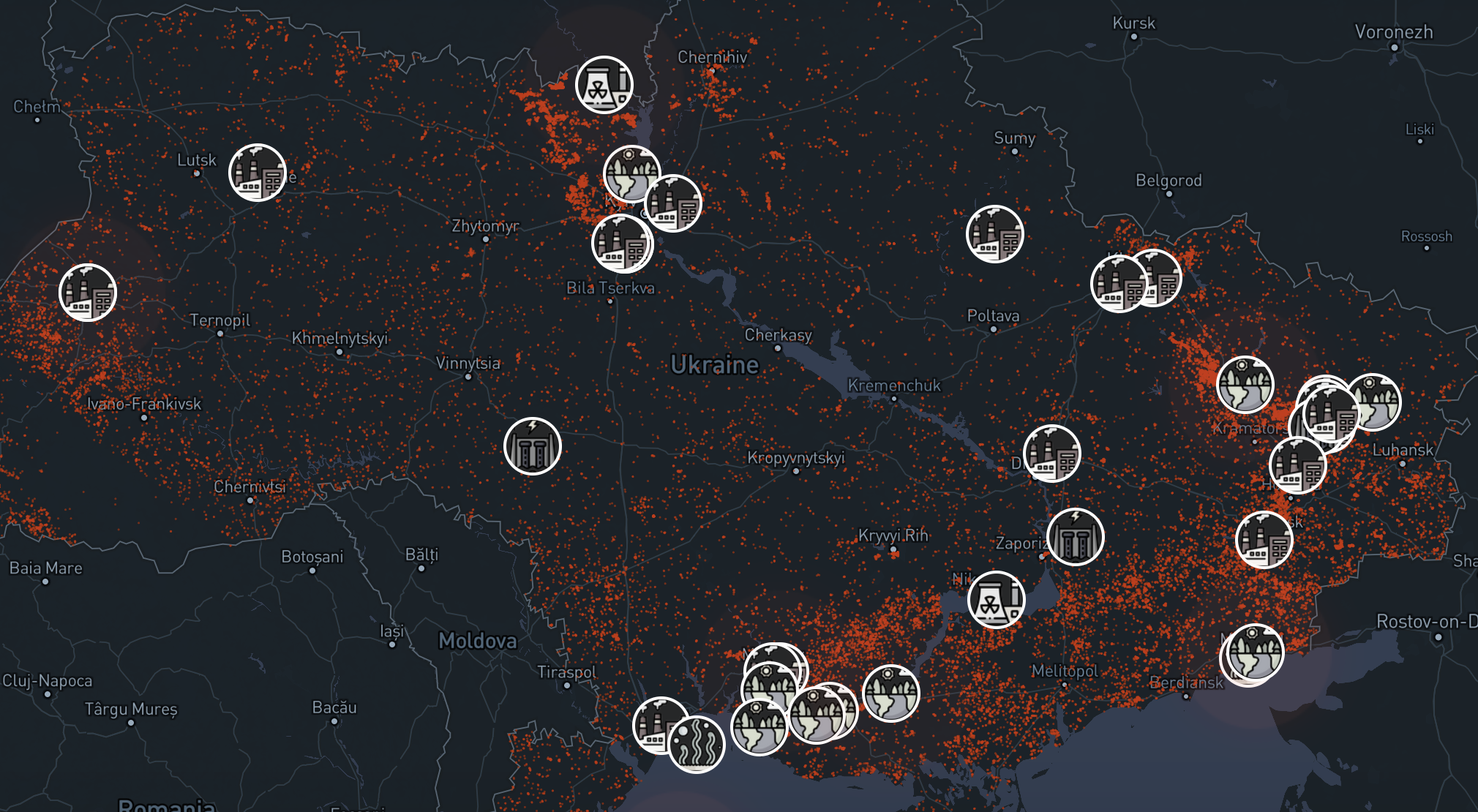All articles
-
Civil Society Tells European Mayors: Stop Funding War Against Ukraine
Every litre of petrol or diesel purchased from Russia prolongs their murderous war against Ukraine. Therefore, cities must do everything possible to reduce oil use. This is the message in…
-
Greenpeace conducts nuclear safety trainings with communities in Dnipropetrovsk region
More than a hundred people attended the trainings, which took place from 12 to 15 November
-
Greenpeace urges IAEA to step up inspections in Ukraine as war enters ‘uniquely dangerous phase’
Kyiv, 2 October 2024 – The head of Greenpeace International has written to the International Atomic Energy Agency (IAEA) to urgently request that it steps up its inspection of nuclear…
-
McKenzie Intelligence analysis published on Russian claims of drone attacks on ZNPP offers strong indications of staged false flag operation by Russia
Their preliminary assessment based on the limited publicly available imagery is that the drones are likely to have been launched close to the ZNPP and thus likely, but not conclusively, from within Russian occupied territory.
-
Greenpeace Germany warns of Russian propaganda and condemns military use of Zaporizhzhia nuclear power plant
Greenpeace Germany has today warned that Russian claims that on 7th of April 2024 Ukraine is targeting their own nuclear plant with UAV drones is almost certainly misleading propaganda.
-
Second anniversary of Russia’s nuclear plant attack in Ukraine
Second anniversary of Russia’s nuclear plant occupation: Greenpeace warns about escalating Russian nuclear blackmail if reactors at Zaporizhzhia are restarted
-
A statement on the 2nd anniversary of Russia’s full-scale invasion in Ukraine
We believe that the international community must step up significantly its efforts in order to grant the people of Ukraine their legal right to a life in peace and sustainability. In the upcoming months and years, Greenpeace will intensify its support to Ukraine on its pathway towards green reconstruction and recovery.
-
Soil and water bodies may not be used for food production or as drinking water reservoirs for many years
Greenpeace research based on satellite data has shown that oil refineries, petrol stations, combined heat and power plants, and various warehouses have been flooded. All this is in addition to at least 150 tons of engine oil that was reportedly released during the first days of the disaster.
-
Interactive map reveals severe hazards at Ukraine’s nuclear plants caused by Russian invasion
Amsterdam, Netherlands – The extent of the nuclear threat posed by Vladimir Putin’s illegal invasion of Ukraine is unprecedented, new Greenpeace International mapping and technical analysis shows. Created with data from the Institute for the Study of War and the Centre for Information Resilience among others...

